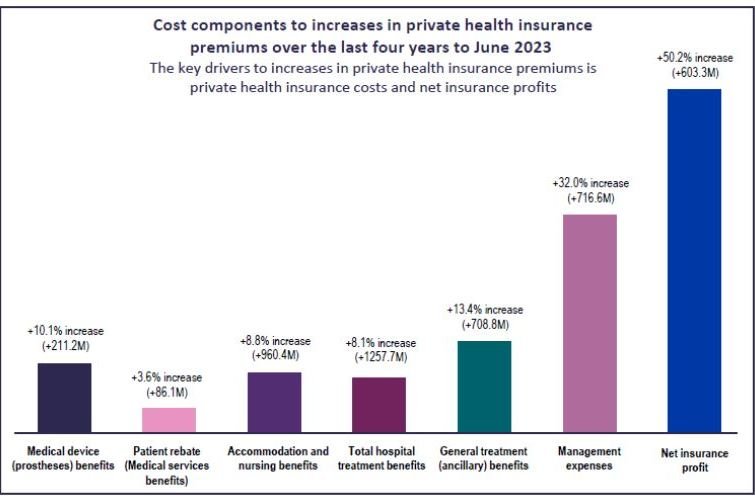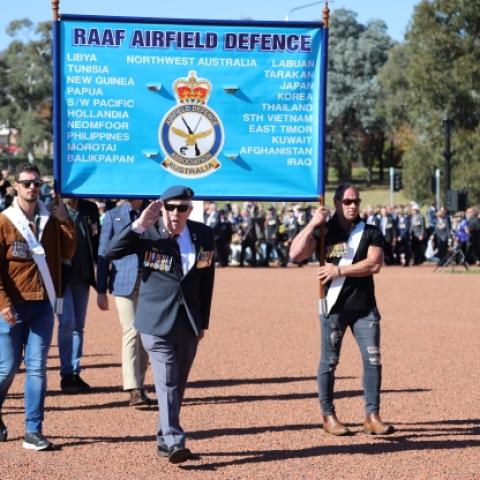The Chamber of Minerals and Energy of Western Australia (CME) acknowledges the release today of an interim report from the Joint Standing Committee on Northern Australia inquiry into Aboriginal heritage and the events at Juukan Gorge.
Chief Executive Paul Everingham said CME and its member companies would consider the recommendations but remained steadfast in support for the modernisation of WA’s heritage legislation, and the role of the State as the primary regulator for Aboriginal cultural heritage.
“CME and several of our member companies were afforded the opportunity to provide submissions to the JSCNA inquiry and to appear before the committee,” Mr Everingham said.
“Aboriginal cultural heritage is an issue our sector takes extremely seriously and I’d like to thank the committee for that opportunity.”
“The complexity of this issue is evident in the detail of the recommendations arising from the report and additional comments.
“The ongoing reform of WA’s Aboriginal cultural heritage legislation remains the number one priority for the sector. This is a critical piece of legislation and it’s important we get it right for future generations.
“We have made detailed submissions to all three phases of consultation of the reform process and had hoped that the draft Bill to replace the current Act would pass through Parliament this year. We remain committed to continuing to work constructively towards its progression in 2021.
“We fundamentally do not agree with a recommendation to strengthen Federal oversight on Aboriginal heritage matters. Imposing another layer of regulation will not ‘fix’ issues identified, nor will it deliver any improvements to heritage outcomes in WA.
“This would only duplicate processes and procedures that are best delivered at a local level with local stakeholders and remove the role of Traditional Custodians to make decisions about management of proposed impacts to their own cultural heritage.”
Mr Everingham said a recommendation of a moratorium on Section 18 notices under the existing Act was a “blunt instrument” that would have wide-ranging negative community and economic impacts.
“It’s important people understand Government approvals make up only one part of the work that companies do to manage impacts to land and heritage. There are many years of work that go on behind the scenes. As a consequence, many Section 18 applications cover activities that will have no direct impact on heritage values,” Mr Everingham said.
“It is not only the mining and resources sector which is granted approval for works under Section 18 notices. Agencies like Main Roads and local governments are some of the biggest users of these approvals, which are critical to the progress of major projects across the State.
“WA is an attractive investment destination for many industries, partly because of the confidence offered by our stable political conditions. Recommendations for things like moratoriums have the capacity to erode some of that confidence.
“I note WA Aboriginal Affairs Minister Ben Wyatt’s comments to the inquiry on the ongoing, nuanced role of Section 18s as we work towards reformed Aboriginal cultural heritage legislation in WA.
“CME supports this pragmatic approach, which balances the need for reform with the importance of long-term certainty.”
Mr Everingham said CME and its member companies recognised and respected the connection Aboriginal people have to their land and cultural heritage.
“Ongoing consultation and agreement making with Aboriginal stakeholders is fundamental to good long-term heritage management outcomes.” Mr Everingham said.
“As an industry, we continue to support the formalisation of agreement-making on heritage within the new Act, to make sure that the priorities of local Custodians are at the forefront of cultural heritage management.
“Our sector also recognises the importance of responsive review mechanisms in circumstances where significant new information becomes available on heritage matters.”
Mr Everingham said the JSCNA inquiry had provided public context around how the mining and resources sector’s engagement with Aboriginal people had developed over time.
“Mining has occurred in the Pilbara for more than six decades, and in the Goldfields for many more. The way the sector engages with Aboriginal people on land and cultural heritage has evolved considerably,” Mr Everingham said.
“Our sector has not been perfect and there have been many lessons learnt along that journey.
“But the value of ongoing and open dialogue with Aboriginal stakeholders has never been more central to our member companies and they will continue to invest in these relationships, both now and into the future.”







